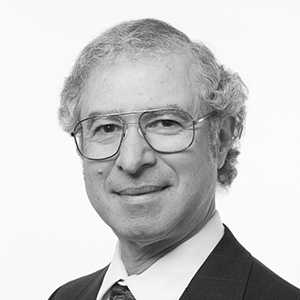Energy is different from most products. Unlike the goods we consume, energy provides no direct benefit to its users. It is intangible: we cannot eat or drink it, we can’t play with it, and we can’t even touch it or see it.
What we can do with energy is employ it to provide all kinds of other benefits–to maintain a comfortable temperature in your home no matter the weather outside, watch a movie, communicate with a distant friend, provide lighting so you can read at night, or travel to places you want to go. In economic language, these are called energy services.
Energy efficiency means delivering an improved level of service–or at least service at the same level–with less energy use. Efficiency is distinct from conservation, which means learning to be satisfied with less.
A Great Investment That Doesn’t Yield Quick Riches
Investments in energy efficiency typically earn several times more than we would get from any other kind of investment. This result has been noted for almost 40 years, and recently has been validated by major studies commissioned by the International Energy Agency, the U.S. National Academy of Sciences, and prominent environmental and energy advocacy organizations worldwide. And yet efficiency, like energy itself, is still invisible, which makes it hard to grasp and to promote.
Efficiency is also invisible politically. This is ironic, given its immense economic benefits. The political invisibility is in part a consequence of the fact that it is hard to get rich quick from efficiency. If you are a firm supplying physical alternative energy, such as solar or wind or natural gas, and oil prices jump to $150 a barrel, you can make big profits, fast. And once your industry is well-established financially, you can be effective at lobbying governments to look after your interests.
Contrast this to the more democratically distributed beneficiaries of energy efficiency–especially those that sell efficiency technology. If oil goes to $150 a barrel, such businesses may see their sales increase, but they will not reap windfall profits.
The American public still doesn’t understand what energy efficiency is. Debates on energy policy in Washington, DC, often ignore efficiency or put it last. Even global experts who should know better still confuse conservation with efficiency: you can tell by the fact that at cocktail hour, they make “energy efficiency jokes” whose point is people struggling to see in the dark or shivering in the winter as a result of energy savings.
Invisible in Top-Three Lists, Too
Invisibility is a problem because efficiency becomes a lower priority than other resources that are often more costly and less green. Efficiency, which spans a great number of detailed areas, never makes the top-three-priorities lists that often guide critical policy decisions. Thus, tens of trillions of dollars or Euros of potential efficiency benefits get lost.
Efficiency is the single most powerful tool at our disposal for combating global climate change and recovering from the recession. However, to get these results will require important changes in public policy.
That means we’ll have to keep making the case for a resource that’s invisible–but essential.
David Goldstein, Ph.D., founded IMT and chairs IMT’s board of directors. The Energy Program Co-Director for the Natural Resources Defense Council (NRDC), he received a MacArthur Fellowship in 2002. His most recent book is Invisible Energy. This post is adapted from an article originally published in The European Financial Review, Feb.-March 2012.
